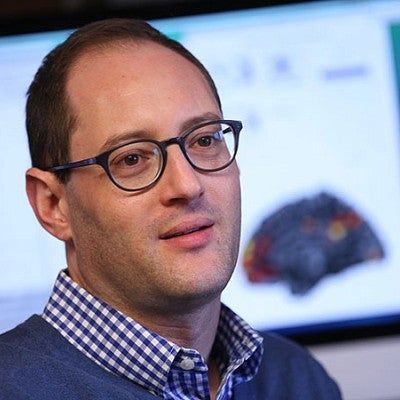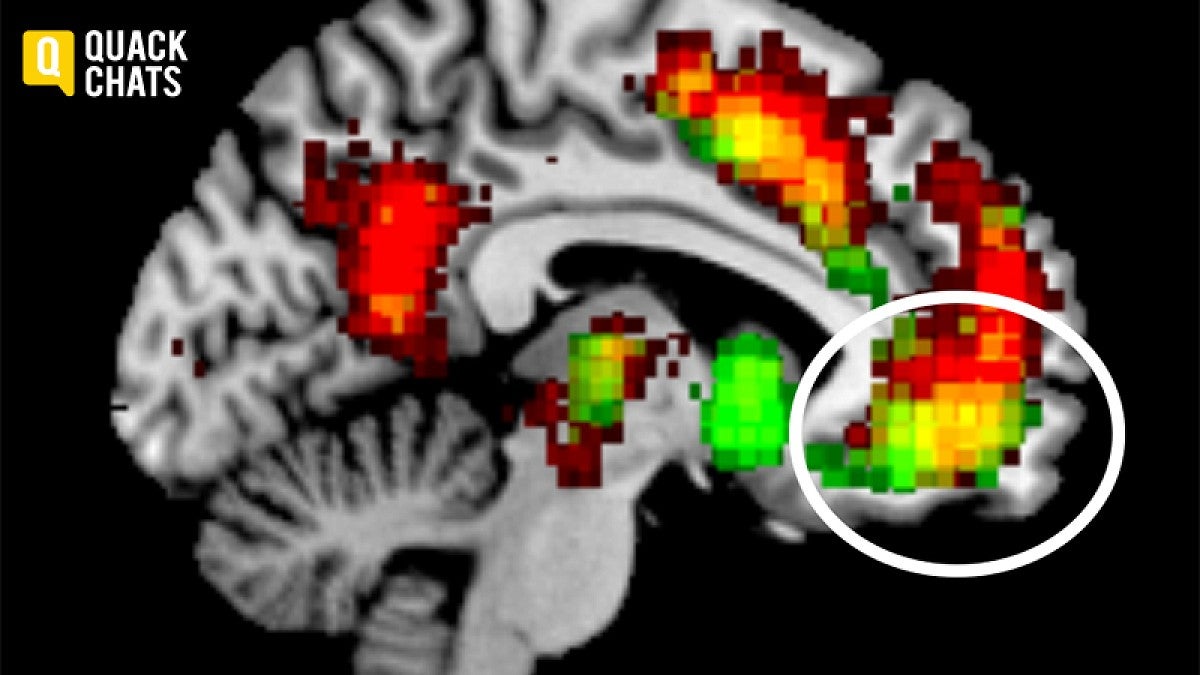Consider the brain the body’s master control. Hundreds of billions of neurons send signals all over the body that determine every movement, decision and emotion. The brain alone uses 30 percent of all the body’s energy, a seemingly impressive feat for a 3-pound mass.
Signals from the brain dictate behavior and eventually form habits. And a University of Oregon neuroscientist says there are ways to use the way the brain works to change behaviors.

“As we learn more and more about how the brain controls habitual behavior, neuroscientists have started to think about how we can use that knowledge to help people change their behavior,” Berkman said.
The gimmick-free tips are backed by more than a decade of research Berkman has collected while studying human behavior in the Social and Affective Neuroscience Laboratory at the UO. The lab is affiliated with the Center for Translational Neuroscience within the Department of Psychology.
“My lab focuses on the neural and psychological processes that drive successful behavior change,” Berkman said. “We try to translate what neuroscience is discovering into practical, scalable tools to help people pursue their goals.”
Using the MRI scanner at the UO’s Lewis Center for Neuroimaging to look at the part of the brain that helps form habits, Berkman said his lab has identified a neural signature of self-control that can be used to predict when someone is engaging in self-control based only on their brain data.
“A barrier to studying self-control is that the experimenter either has to tell someone to do it and trust they do or has to infer that they’re doing it from their behavior,” Berkman said. “With these new tools, we can reliably identify when someone is engaging in self-control.”
Berkman and his doctoral student Dani Cosme, who will soon begin a postdoctoral fellowship at the University of Pennsylvania, are also developing a neural signature for craving. Berkman will present the signature at the Quack Chat.
“We have used the same technique to build a tool that can accurately guess when someone is experiencing a craving for the substance,” Berkman said. “We are the first scientists in the world to use these tools to look at craving across a number of substances. This work is made possible by the material and intellectual resources at the UO’s Department of Psychology and the Center for Translational Neuroscience.”
Berkman will also talk about the mindful brain and the neural patterns associated with mindful practices and how that relates to behavior change.
The Jan. 8 talk begins at 6 p.m. at the Ax Billy Grill at the Downtown Athletic Club, 999 Willamette St., in Eugene. Admission is free and questions are encouraged. Food and drinks will be available for purchase.
More Quack Chats pub talks are being scheduled for 2020. Follow Around the O for information on upcoming talks on gender and the gaming industry and the impacts of e-commerce on cities.
—By Molly Blancett, University Communications


